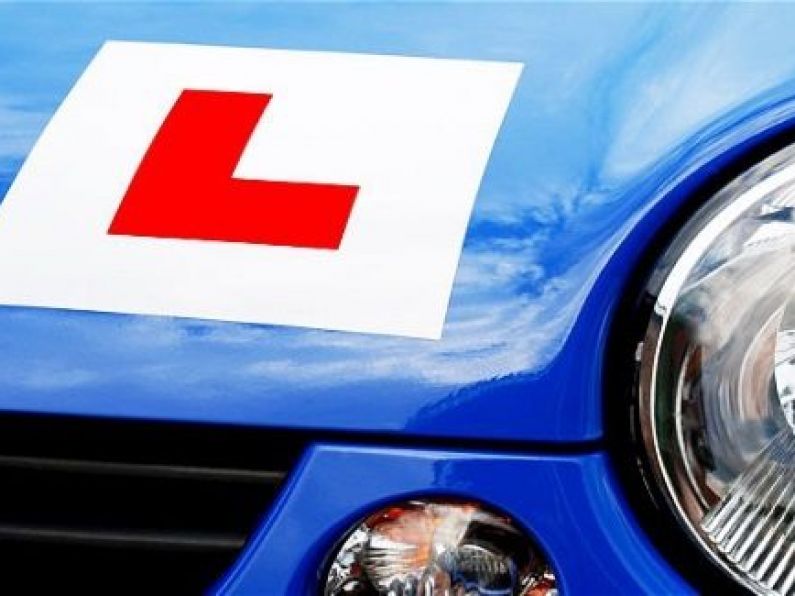The majority of people in Ireland believe that high insurance costs are making it more difficult for young and learner drivers to get on the road, a new survey has found.
Almost 60 per cent of people surveyed by AA Car Insurance said they believe young drivers face greater financial challenges today when trying to get on the road than previous generations, such as delays in tackling insurance reform.
It comes as the number of students commuting to college by car in place of living in student accommodation is likely to rise around the country this year, amid uncertainty over the delivery of on-campus teaching.
Due to temporary or permanent loss of a job due to Covid-19, they may now find themselves in a situation when they both can’t afford the financial implications of keeping their car on the road while also not being able to take their car off the road as doing so could affect their ability to find new work.
“High insurance costs are by no means restricted to any single group of motorists, but it is certainly the case that many young drivers are facing extremely high costs when they first try to get on the road,” Conor Faughnan, AA Director of Consumer Affairs said.
Mr Faughnan said a car was a vital factor in securing work for many younger people living in rural areas.
“Younger people are also among those most likely to work in sectors which have been heavily affected by the Covid-19 outbreak, such as tourism, hospitality and our pubs, meaning they are likely to have suffered a significant change in financial circumstances in recent months,” he said.
“Due to temporary or permanent loss of a job due to Covid-19, they may now find themselves in a situation when they both can’t afford the financial implications of keeping their car on the road while also not being able to take their car off the road as doing so could affect their ability to find new work.”
Danger
The survey of over 7,000 people also found that the majority of respondents believed that learning to drive is currently more dangerous than it was in previous years.
“There may be a sense of looking back through rose-tinted glasses to this belief, as the introduction of mandatory lessons and the N-plate system were both designed to help learning and newly qualified drivers remain safe on the roads,” Mr Faughnan said.
“However, for those who may be resuming their lessons now after pausing them during the lockdown or those who are just starting, the post-Covid world is very different to the one in which their friends, parents or siblings may have learned to drive.
“We have seen significant increases in the number of pedestrians and cyclists across the country in recent months, so young drivers must be on the lookout for these more vulnerable road users and play their role in keeping our roads safe.”






